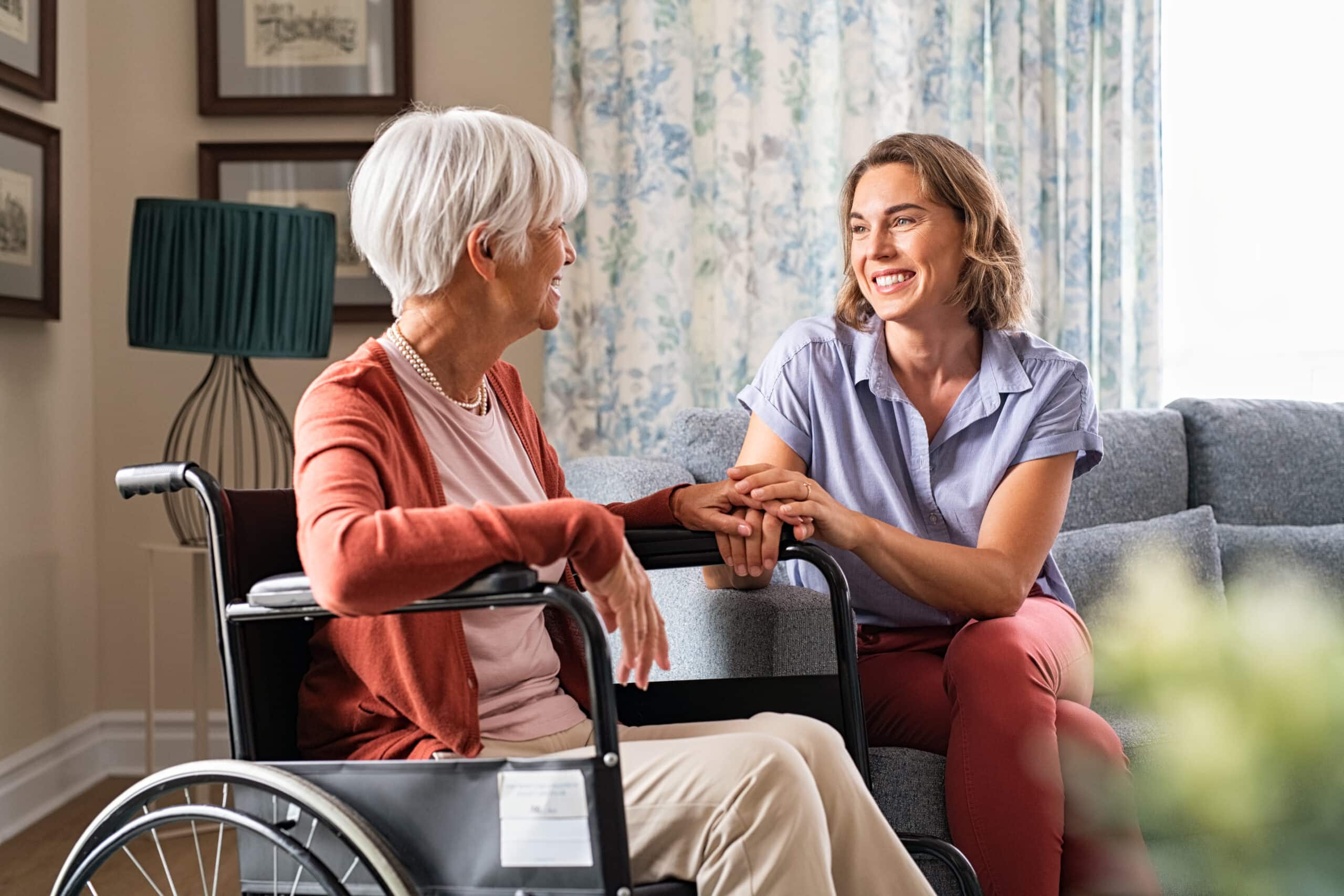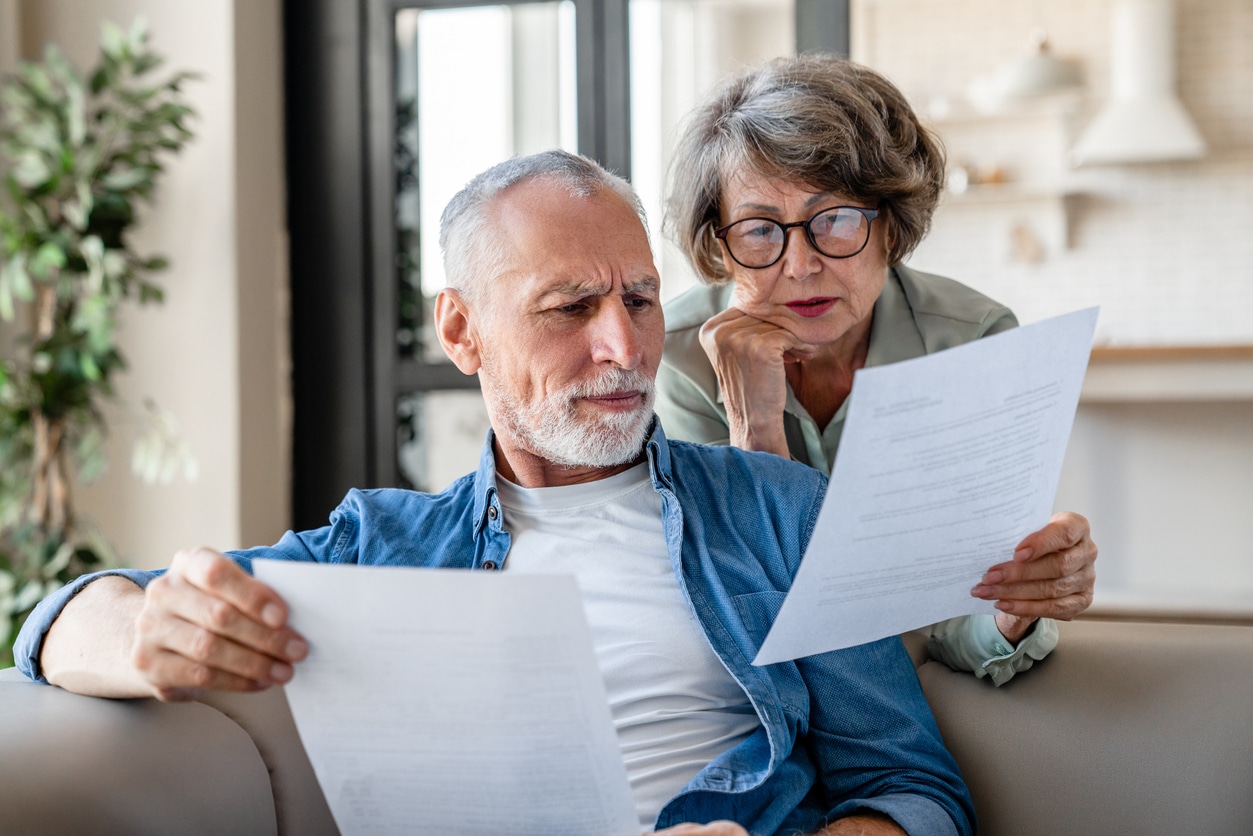What is the law on care home top up fees?
Top up fees are payments made on top of what the local authority is willing to pay for the cost of care. If a person wants to go to a care home that is more expensive that the amount the local authority is willing to pay for, they or their relatives will likely be expected to make up the difference in top up fees, to meet the care home’s charges.
This decision is often down to personal preference to secure a care home of choice, but it could also be because a care home has increased its costs such that fees are over the local authority limit. However, the resulting situation is that a local authority funded resident may only be able to secure a place at their preferred care home if they have a friend or relative that is willing to pay top up fees for them.

What is the law?
Generally, a local authority should not request that third parties pay top up fees if they have failed in their duty to provide affordable care homes. They must have provided clear, timely and accurate information regarding alternative, affordable placements to relatives/friends. In some cases, third parties are being asked to top up by hundreds of pounds a week, which of course puts serious and unnecessary financial pressure on people.
Ultimately, the decision to top up fees is entirely voluntary. A local authority should provide options of affordable accommodation that fall under local authority rates, though this is becoming increasingly more difficult to do. Top up fees can only be charged to third parties, if the individual responsible for paying them is aware and agrees to pay on a fully informed basis.

What if top up fees are being charged by the care home?
The Local Government Ombudsman has previously commented that local authorities should at least give third parties the option to pay the top up fees to the council, rather than care providers.
The Care Act 2014 says that a third party should only pay top up fees to care providers if they and the care provider have both consented to that arrangement. However, leaving top up fee arrangements to be agreed directly between third parties and care providers shifts the administrative burden and the responsibility to collect any unpaid fees onto the care provider – burdens which many care providers would prefer not to carry. Ideally, local authorities should pay the top up fees to the care provider and recover the money from third parties themselves.

What can I do if I have paid top up fees without needing to?
In the event that the local authority fails to meet its legally binding obligations, it may be possible to seek a refund of historic top up payments. If a third party cannot or is not prepared to agree to pay top up fees, the local authority should meet the full cost care themselves.

How can Ellis Jones help?
Our Healthcare Team understand the importance of maintaining a strong reputation within the highly scrutinised healthcare sector. As such, our aim is always to reach the best possible commercial resolution in an efficient manner and without recourse to court proceedings wherever possible. If you have found yourself in a similar situation with a Local Authority, we will work closely with you to provide specialist and tailored advice to suits your needs, in order to protect your position and your business.
If you wish to discuss a potential dispute, please contact Henrietta Frew by email at Henrietta.Frew@ellisjones.co.uk or phone 01202 057863.
How can we help?
When you submit this form an email will be sent to the relevant department who will contact you within 48 hours. If you require urgent advice please call 01202 525333.










